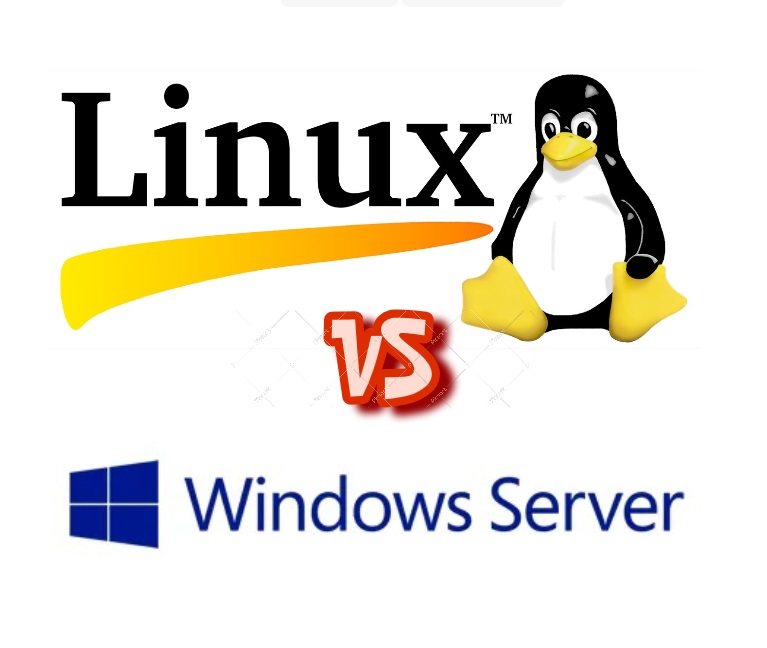The choice between Windows Server and Linux for a server environment depends on various factors, including your specific requirements, technical expertise, and the nature of the applications you plan to run. Both operating systems have their strengths and weaknesses, and the better option often depends on the context. Here are some considerations for both:
Windows Server:
- User-Friendly Interface: Windows Server typically provides a more user-friendly graphical user interface (GUI), making it easier for users who are familiar with Windows environments.
- Compatibility: Windows Server is well-suited for environments that heavily rely on Microsoft technologies. If your applications are designed for Windows, or you need compatibility with Microsoft products, Windows Server might be a more straightforward choice.
- Active Directory: If your organization relies on Active Directory for user and group management, Windows Server is the natural choice, as it integrates seamlessly with Active Directory.
- Commercial Support: Windows Server comes with commercial support options from Microsoft. This can be beneficial for organizations that prefer to have a vendor to turn to for support.
Linux Server:
- Cost: Many Linux distributions are open-source and free to use, making Linux servers a cost-effective choice. This can be advantageous for budget-conscious organizations.
- Customization and Flexibility: Linux offers a high level of customization and flexibility. Administrators have greater control over the system, and Linux is often preferred for server configurations where specific optimizations are required.
- Security: Linux is known for its strong security features. Many web servers, including a significant portion of the internet’s infrastructure, run on Linux-based systems.
- Performance: Linux is often chosen for high-performance computing environments and server applications where performance is a critical factor.
- Command Line Interface (CLI): Linux relies heavily on the command line interface, which can be more efficient for experienced administrators who prefer working with text-based commands.
Ultimately, the choice between Windows Server and Linux depends on your organization’s specific needs, existing infrastructure, and the expertise of your IT staff. In many cases, a mixed environment or hybrid solutions are also adopted, utilizing the strengths of both operating systems for different purposes within the same organization.
